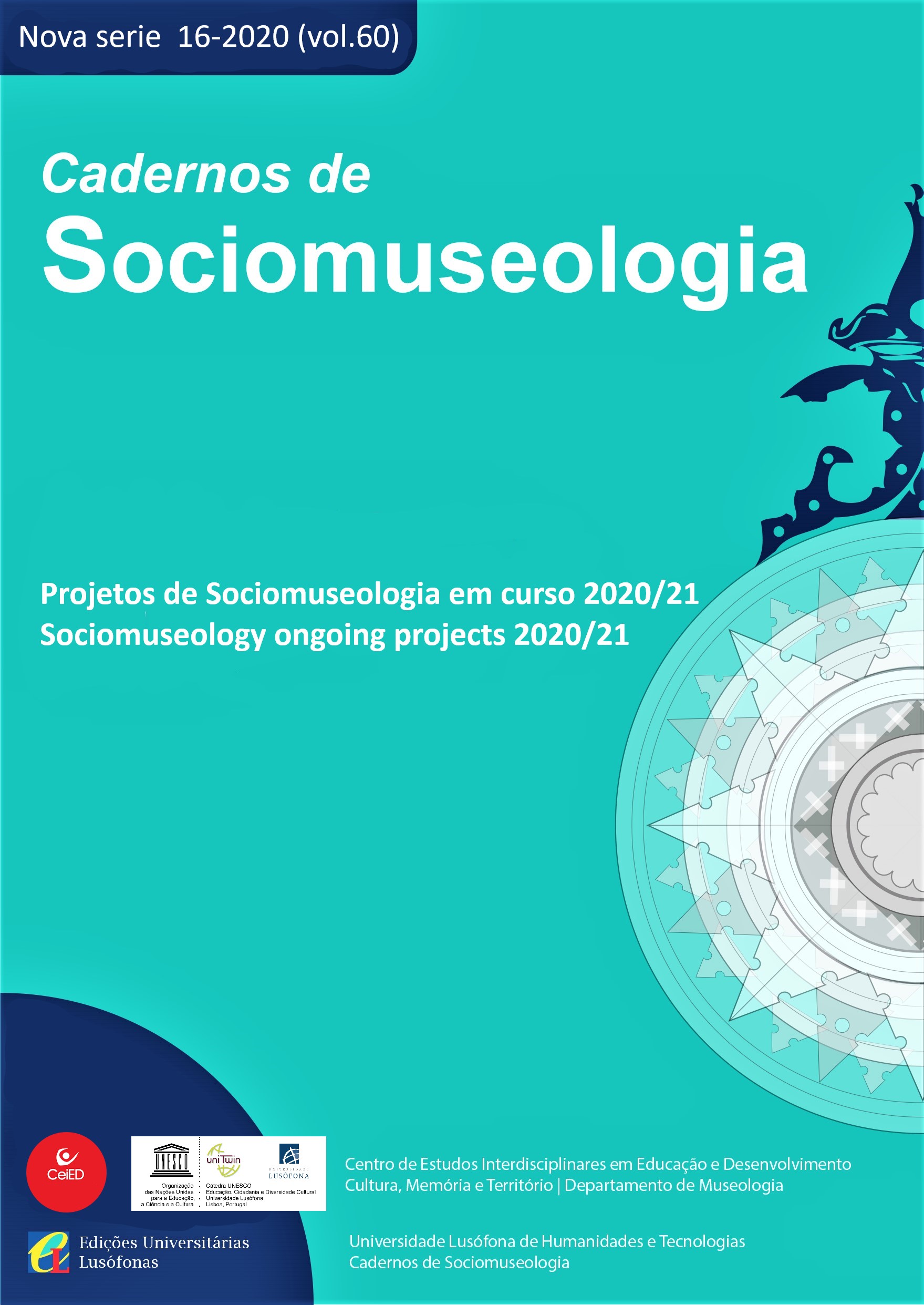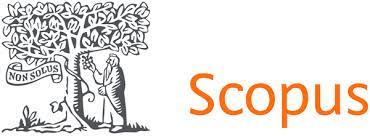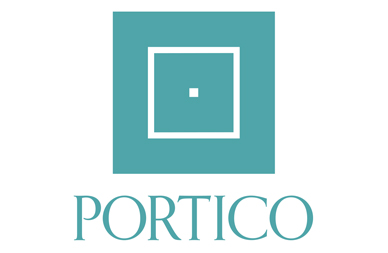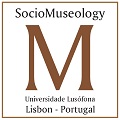Culture, social phenomena and curriculum of Higher Education: articulations via museum and university
Abstract
The purpose of this text is to reflect on the need for institutional articulation between museum and university. It seeks to emphasize the pertinence of the approximation between culture, social phenomena and curriculum of Higher Education, having as assumptions the concepts of Social Museology, the critical and contemporary perspective of curriculum and reflections on the university, shared, above all, by the Brazilian philosopher Álvaro Vieira Pinto and the Spanish philosopher José Ortega y Gasset. The university, just as the museum, formulates and communicates meanings through speeches. Both institutions are then producers and generators of meanings. By promoting discussions and conceptual arrangements that reveal reality and reflections on different areas of knowledge, the museum can re-signify the discourse built at the university and the public participating in this process (students, faculty, museum audience), in addition to redefining the discourse in a creative way, since it interprets it in a particular and opportune way. This character of public instruction gives the museum even more legitimacy for the construction of new narratives, and the university is even closer to its formative role for the creation of social protagonists from different segments.
Keywords: Museum; University; Culture; Curriculum.
Downloads
Authors retain copyright and grant the journal right of first publication with the work simultaneously licensed under aCreative Commons Attribution License that allows others to share the work with an acknowledgement of the work's authorship and initial publication in this journal.













